Over the past few months, the Florida Joint Center for Citizenship has worked with teachers, administrators, and district leaders in Polk County to help with the creation of a brand new public school, one dedicated to K-8 civic education: Citrus Ridge.
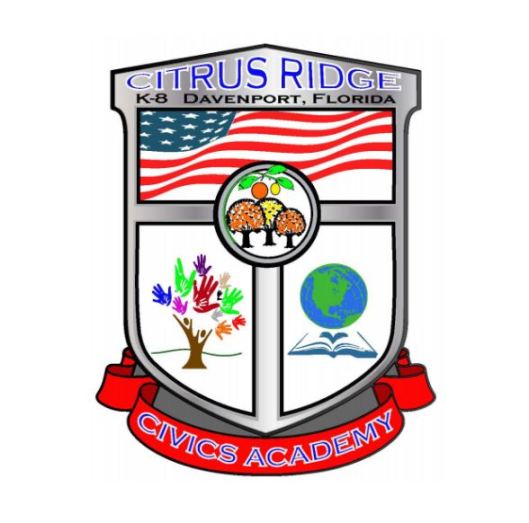

Citrus Ridge, created with the support of local Congressman Dennis Ross, is a K-8 institution that will embed civic learning and civic life throughout school governance, relationships, and curriculum.
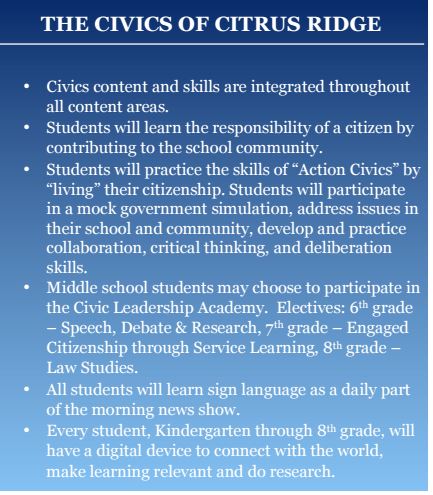
Citrus Ridge’s very mission statement is centered around civics and the importance of civic life:
- Community
- Inclusion
- Variety
- Innovation
- Collaboration
- Success
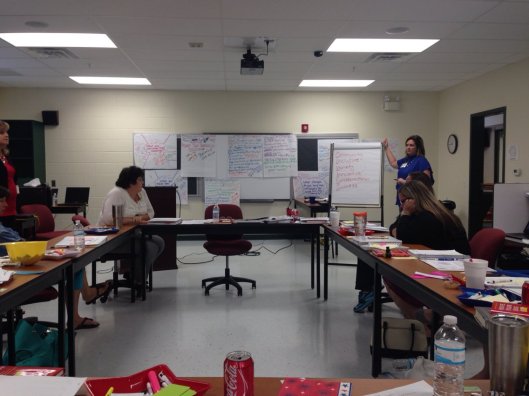
Our own Valerie McVey and Peggy Renihan, as well as our Teacher Practioners in Residence, have been heavily involved in the planning and work with Citrus Ridge. Last week, I had the pleasure of attending the first leadership team meeting for the school, and it was a great joy to see these teachers and administrators hard at work in learning about and understanding how the emphasis on civic life makes Citrus Ridge a unique public school.
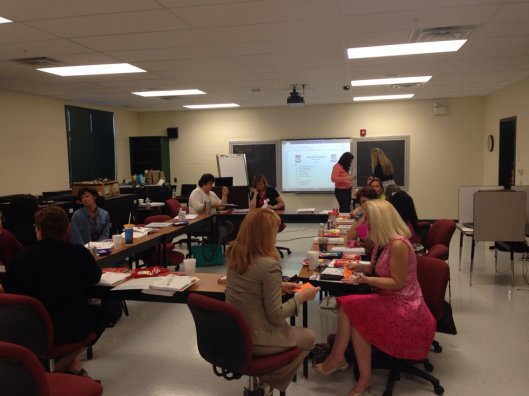
A heavy emphasis was placed on ensuring that school culture reflects that civic engagement and civic learning.
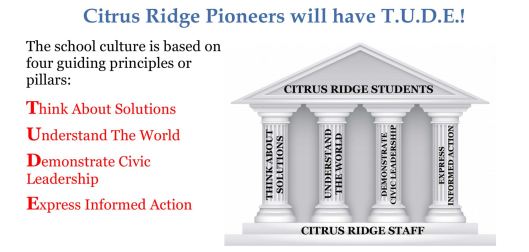
T.U.D.E aligns well with both the C3 Framework and with the Six Proven Practices of Civic Education, both of which will play a role in the curriculum and instruction of the school.
So what exactly is T.U.D.E? These principles draw on a number of sources for inspiration: the state of Florida’s civics benchmarks, the C3 Framework, the Six Proven Practices, and others. Take a look at them below. How do you see them reflecting the importance of civic knowledge, civic skills, and civic dispositions?
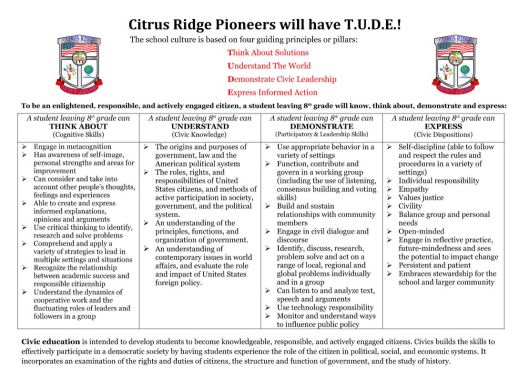
Most excitingly, we are in the process of finding ways to integrate the concept of action civics into the school and curriculum. It will involve students in addressing problems within their school and community, developing the skills of citizenship such as collaboration, critical thinking, deliberation, and discussion, and encourage students to ‘live’ their citizenship. Some examples are: providing towels for an animal shelter, discussing more recess time versus special area versus free choice, deliberating the school dress code, and thinking critically about the causes and effects of current event that effects our community, state, or nation. Indeed, our new action civics coordinator (reviewing applications now!) will spend a great deal of time at Citrus Ridge as we start to launch this school into the civic stratosphere.
There is so much more to say and do concerning Citrus Ridge: A Civics Academy. We will keep you updated as we get closer to the start of the year and into the new school year. FJCC is excited and grateful for the opportunity to work with some excellent people on this, and let me just thank all of the team that has worked so hard to get this off of the ground. It is a great step forward for civic education in Florida and, we hope, it will be a model for this state and the nation!

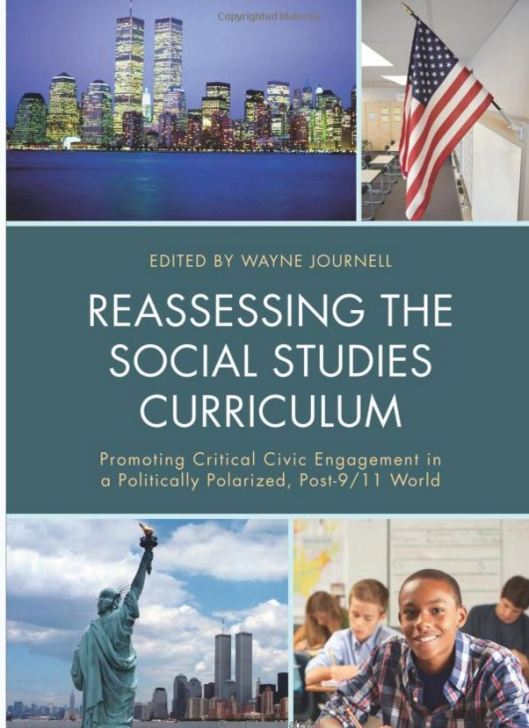
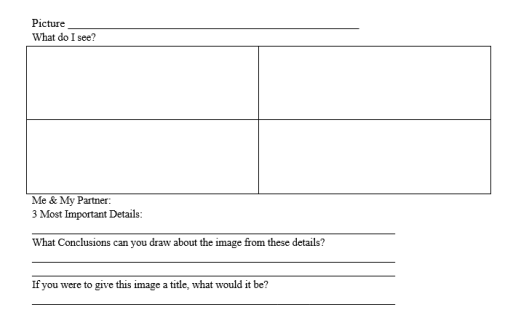
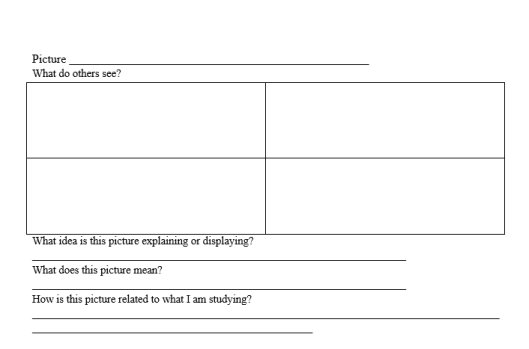
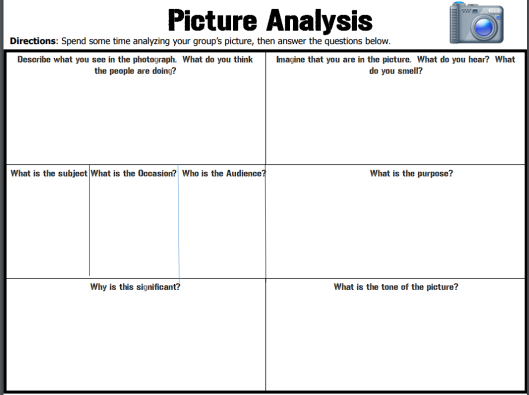
 Each section of the report dives deeper into each of the core competencies. No doubt, there will be some comments raised about the inclusion of ‘social justice’, knowing that that
Each section of the report dives deeper into each of the core competencies. No doubt, there will be some comments raised about the inclusion of ‘social justice’, knowing that that 